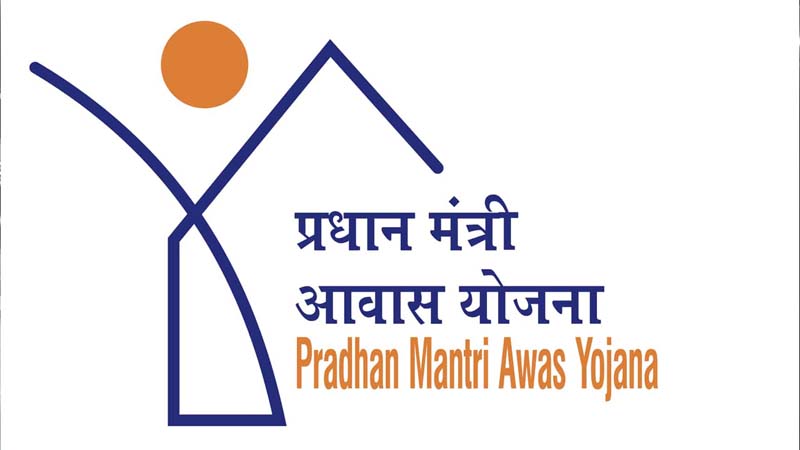The Pradhan Mantri Awas Yojana (PMAY)-Urban scheme, a flagship initiative of the Government, aims to provide financial assistance to the urban poor, enabling them to construct homes and improve their living conditions. However, the recent report from Srinagar paints a disheartening picture of bureaucratic inertia and administrative inefficiency. Nearly 500 beneficiaries are experiencing a six-month delay in receiving their financial instalments, which is not only stalling the construction of their homes but also exacerbating their socio-economic vulnerabilities. The distressing accounts of the beneficiaries underscore a grave crisis. Despite being approved, identified, and verified, their financial assistance remains entangled in administrative red tape awaiting onward submission to the Jammu and Kashmir Housing Board (JKHB). This stagnation contradicts the very essence of PMAY-U, which is designed to be a timely intervention for the urban poor. The emotional and financial toll on these families is severe. Many have commenced construction based on initial instalments but are now stuck midway. The delay has forced them into precarious financial situations, compelling them to take out loans and buy materials on credit, all in the hope that the promised funds would be released promptly. Many beneficiaries vent their palpable frustration as they lament the administrative apathy that has left them in limbo.
This situation calls for a thorough introspection into the workings of the concerned office in Srinagar. Once again, elections have been cited as an excuse, and ongoing inquiries have been ordered by the Divisional Commissioner of Kashmir; however, these actions fall short of addressing the immediate concerns of the beneficiaries. The elections, while significant, should not have paralysed essential benefits and delayed critical welfare schemes. The government must recognise that the efficacy of schemes like PMAY-U hinges on timely execution and disbursement. The delay in financial assistance not only hampers the beneficiaries’ ability to complete their homes but also undermines the credibility of the program. For a scheme that promises to uplift the urban poor, such bureaucratic lapses are unacceptable.
The immediate resolution should be to prioritise the pending applications and ensure their swift submission to the JKHB. Administrative efficiency can be enhanced by setting up a dedicated task force to handle PMAY-U cases, thus bypassing routine delays. There should be a transparent mechanism to hold officials accountable for delays. Regular audits and direct engagement with beneficiaries to understand their grievances and provide regular updates on the status of their applications can help alleviate their anxiety. Establishing a grievance redressal cell specifically for PMAY-U beneficiaries in Srinagar could be a step in the right direction. Simultaneously, a comprehensive review of the current policy framework governing PMAY-U’s implementation in Srinagar should be conducted. Identifying bottlenecks and introducing policy reforms can ensure smoother execution in the future. Capacity building is crucial, and local officials must thoroughly understand the intricacies of centrally sponsored schemes. This knowledge can significantly reduce procedural delays. Enhancing their understanding of the importance of timely fund disbursement can instil a sense of urgency in dealing with such applications.
The plight of the PMAY-U beneficiaries in Srinagar is a stark reminder of the broader challenges faced by welfare schemes. While the intent behind these schemes is laudable, their success is ultimately measured by their on-ground impact. The current situation in Srinagar is a testament to the disconnect that often exists between policy formulation and implementation. The higher authorities must act swiftly to address the grievances of the PMAY-U beneficiaries in Srinagar. Ensuring timely financial assistance is not just about fulfilling a policy promise; it is about restoring faith in the governance system and reaffirming the commitment to improving the lives of the urban poor. As these families continue to wait, their hopes tethered to bureaucratic efficiency, it is important that the administration take immediate steps to ensure hassle-free installations for the deserving beneficiaries.


